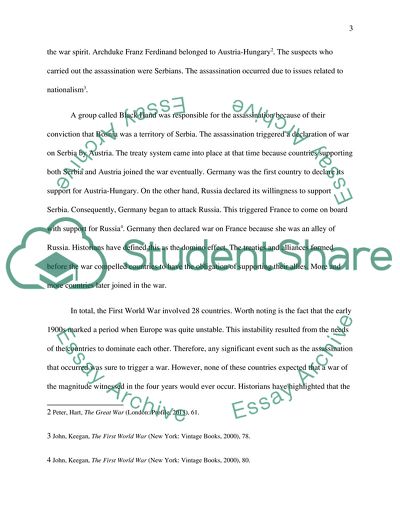Cite this document
(The First and Second World Wars in Europe Essay Example | Topics and Well Written Essays - 1500 words, n.d.)
The First and Second World Wars in Europe Essay Example | Topics and Well Written Essays - 1500 words. https://studentshare.org/history/1852336-eurpean-history-between-1914-1945
The First and Second World Wars in Europe Essay Example | Topics and Well Written Essays - 1500 words. https://studentshare.org/history/1852336-eurpean-history-between-1914-1945
(The First and Second World Wars in Europe Essay Example | Topics and Well Written Essays - 1500 Words)
The First and Second World Wars in Europe Essay Example | Topics and Well Written Essays - 1500 Words. https://studentshare.org/history/1852336-eurpean-history-between-1914-1945.
The First and Second World Wars in Europe Essay Example | Topics and Well Written Essays - 1500 Words. https://studentshare.org/history/1852336-eurpean-history-between-1914-1945.
“The First and Second World Wars in Europe Essay Example | Topics and Well Written Essays - 1500 Words”. https://studentshare.org/history/1852336-eurpean-history-between-1914-1945.


